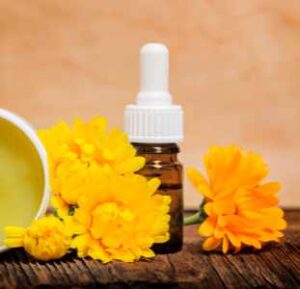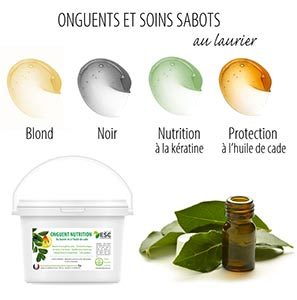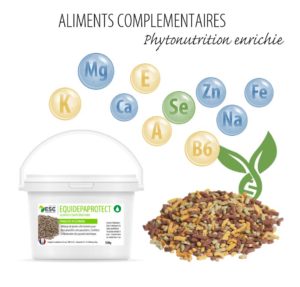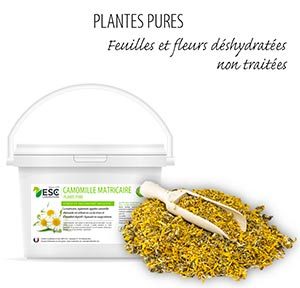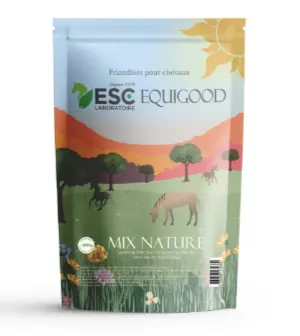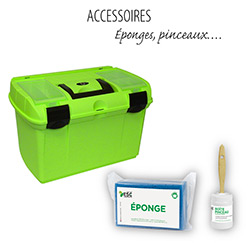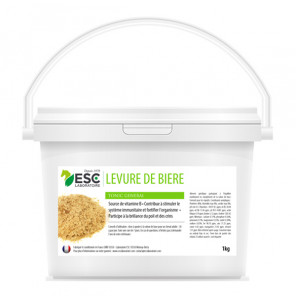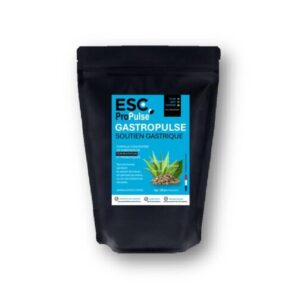The colic is the sworn enemy of all owners and horses. They are among the most the most common equine diseases, But also the most serious. Indeed, it is the leading cause of death in horses, and a digestive disorder that should not be taken lightly.
The equine digestive system and indeed more complex and fragile than we think, due to:
- its anatomy (there are some areas of shrinking digestive light and the intestine is almost entirely floating in the abdominal cavity),
- small size (only 7% of its total mass),
- the many nerve endings found in the intestines that react to the slightest disruptive factor.
In this article, we explain how to take care of it and prevent colic in horses as much as possible. We also share your advice on how to react to a colic and limit it to the maximum that it degenerates.
What is colic in the horse?
Colic is a medical term used for describe a digestive disorder which results in severe abdominal pain. Depending on the cause of this pain, the condition of your horse can deteriorate very quickly.
There are several types of colic in horses, including:
- Colic by obstruction (also known as impaction) occurs when food accumulates in part of the intestine (usually the colon) and the horse can no longer effectively remove it. Pain occurs when the intestinal wall stretches and contracts strongly by trying to push the food through the colon. The main foods causing obstructions in horses are dry (low water content) and coarse (bad chewing).
- Gas colic may occur when colon microbes produce excess gas, usually due to food changes or highly fermented foods. The gas stretches the intestinal wall, causing mild to moderate pain. Most gaseous colic disappear naturally without intensive treatment. But in the most serious cases, they can cause a movement of the colon, to the left (also called "nephro-splenic fits") or to the right.
- Surgical colic is caused by accidental torsion of the intestine or by its incarceration in a small space. In the vast majority of cases, this type of horse colic is the result of a gaseous colic or obstruction. However, it is the most severe form and needs to be dealt with as quickly as possible.
How to know if my horse suffers from colic: the main signs
If you see that your horse has one or more of the following symptoms:, there are significant risks for him to suffer from colic and therefore he must be taken care of by a veterinarian as soon as possible:
- Your horse looks at its flanks;
- Lip squeezing (called flehmen);
- He bites or kicks on the flank or belly;
- It lengthens much more frequently on the ground (and can even collapse suddenly and roll to the ground);
- Abrasions in the head and body;
- Profuse sweating;
- Acceleration of breathing and heart rate (over 45-50 beats per minute);
- Abnormal mucous membrane colour;
- Changes in eating habits (your horse may not eat all its grain or hay) as well as its water consumption;
- Your horse is being downed.
What are the main causes of colic in horses?
Horses can suffering from colic for several reasons.
For example, abdominal pain can be caused by stress, too fast or too abundant food or parasites that have been housed in the digestive system of your horse. Similarly, a change in your animal's diet (or an excess of legumes) can cause its colic.
The colic can also be Poor blood supply to the intestine. Older horses tend to develop fatty tumours that can roll around the small intestine and reduce the risk of Blood flow. Parasites can move through the blood vessels and cause direct damage to the vessels and indirect to the intestine.
Colic may also occur due to a poor intestinal mobility. The latter may be related to bowel or abdominal cavity disorders. If the process responsible for the movement of food into the intestine is disturbed, food can stop moving. The intestine will then pour liquid into the small intestine to try to advance the food. This mechanism can, however, cause dehydration of the horse, which may come into shock.
What if my horse suffers from colic?
The first thing to do if you suspect a colic in your horse is to consult your veterinarian. The latter will be able to diagnose a colic based on your horse's history and the results of the tests he can perform (such as rectal palpation, the use of a nasogastric probe or abdominocentesis, i.e. the collection of fluid from the abdomen).
In order to properly treat a horse suffering from colic, the underlying medical cause of its symptoms must be identified. Medical treatment can be done at home or it may be recommended to take the horse to the clinic for further assessment, care 24 hours a day and possible surgery.
Medical treatment of colic may include nonsteroidal anti-inflammatory drugs, infusion, administration of liquids, electrolytes and/or mineral oil via the nasogastric probe placed in the stomach.
Recovery and management of colic
Recovery and management of colic depends on the severity and medical reason of the colic episode. If the colic episode was minor and could be solved by minor medical treatment at home, the horse can regain its normal way of life within a few days. If the horse had to be hospitalized and operated, it may take weeks or even months to recover.
Generally, after an episode of colic, the veterinarian sets up a slow feeding program to ensure that the horse is completely restored and no longer has colic symptoms before allowing it to resume its usual diet and physical activity.
How to prevent colic in horses?
Horses are prone to colic and many types of colic are not preventable. But you can take some simple preventive measures to ensure that your horse is as safe as possible.
Always make fresh and clean water accessible
Research show that horses left without water for one to two hours pose an increased risk of colic. This risk is multiplied by 10 in horses over six years of age.
Allow your horse to go out in the meadow
Horses who had access to two or three different pastures in the previous month had a lower risk of colic. We advise you to put the horse to grass gradually, for example by leaving it in half days at the start. Similarly, when returning to the box after a grassy period, consider limiting its fresh litter ration (paille) and monitor its consumption.
Avoid giving hay to the ground in sandy areas
Ingestion of sand can disrupt their intestine or affect their intestinal mobility. Place rubber mats or recovery bins under the racks to prevent your horse from ingesting sand. If necessary, Psyllium may be distributed by precautions.
Our psyllium supplement to prevent colic in horses
Give grain and granulated food
...only when your horse needs it and small meals if possible. In fact, granulated foods produce an increase of 6 to 9.5 times risk of colic
Watch your horse carefully
to detect any colic after changes in exercise, stable or diet. The risk of colic increases within two weeks Next such changes. Generally, make changes to your diet or physical activity as progressive as possible.
Regularly set your horse's teeth
Regular trimming ensures that your horse chews properly and completely its food. It consists of trimming the sharp tips of oral and linguistic enamel.
Control parasites
Horses subjected to a daily or regular vermifugation program are less likely to have colic.
What dietary supplements to prevent, relieve and facilitate recovery after a colic?
Our laboratory has developed complements specifically designed for colic cases in horses.
- Prevention: our complement Florepulse or Active Yeast+ to support the intestinal flora of the horse and strengthen the digestive balance.
- In case of colic: salts of Epsom are recommended in case of intestinal discomfort. They speed up transit and help soften the crottins. To be distributed with the agreement of your veterinarian.
- During the recovery phase: Hippotrolyte est a rehydration solution that facilitates horse recovery after exercise. This very complete formula, enriched with mineral salt, makes it an ideal complement to facilitate recovery after effort or episodes of colic.
Florepulse to improve the digestive comfort of your horse


